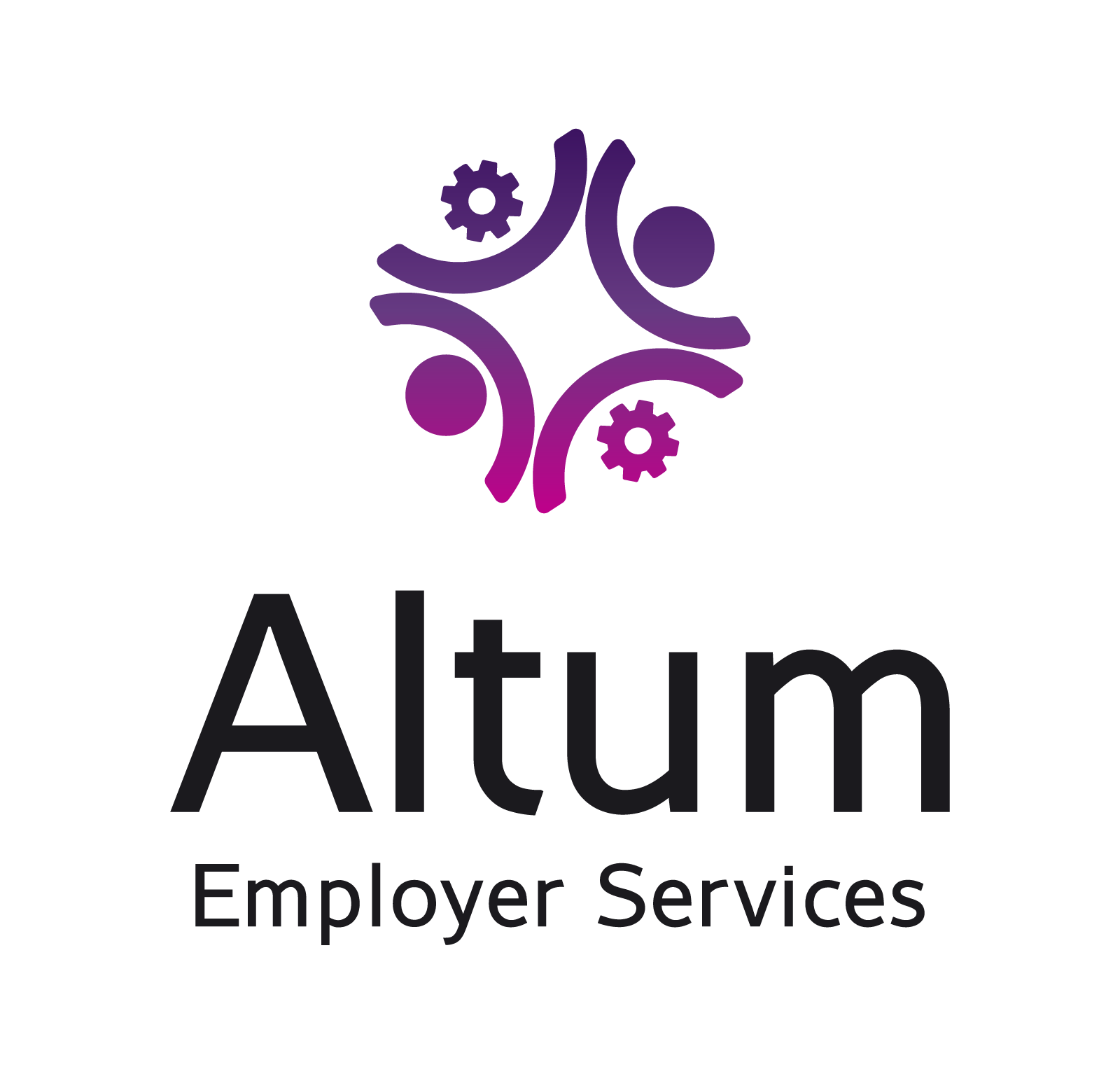When will international business travel resume? Your Employment Law Guide
With travel lists being updated every three weeks, business travel during COVID is subject to constant change. Under the current traffic light system, both leisure and business travellers need to adhere to the following rules in England:
- Red list countries: travellers should not fly to these countries, nor should they return to the UK from them.(If they do, they need to hotel quarantine.)
- Amber list countries: travellers returning from these countries should take a COVID-19 test three days before travelling and once again when they return. They must also self-isolate for 10 days, taking tests two and eight days in.
- Green list countries: travellers must take a test before travelling, then take a test two days after arriving home. If the test is negative, they do not need to quarantine.
Can you travel without quarantine?
In some circumstances, business travellers can return to work straight away if they’ve travelled from an amber list country. This applies if they are double-jabbed (or single-jabbed with the Janssen vaccine) in the UK or under a UK vaccine programme overseas. However, they must have had their second jab 14 days before they arrive in England.
Can my employees travel for business purposes?
The ever-changing isolation rules are putting pressure on managers to do the right thing. For example, if a staff member’s role involves regular travel, and they can feasibly adhere to the above mentioned quarantine rules, it could be considered fair to allow international travel.
Can my employees refuse to travel?
However, allowing international travel and mandating it are two different things. Just like workplace vaccination policies, employees may express a desire to avoid travel on the grounds of health concerns.
“Once again, we must refer to the Health and Safety at Work Act 1974,” says Tara Philips, Senior HR Consultant. “If an employee refuses to travel based on genuine medical concerns, this could turn into a discrimination case.”
Rather than enforcing travel, employers should consider their teams’ mental health and overall wellbeing and seek alternatives – such as sending another volunteer or holding meetings remotely. It’s worth noting that those under 18 or undergoing vaccine trials can also re-enter the UK without quarantine.
Any requirements for international travel should always be outlined in a workplace contract.
Self-isolating after returning to the UK: Holiday Guidance
If your employee has had to travel internationally for work to an amber list country, you should be prepared to let them self-isolate for 10 days, working from home where possible.
But what about self-isolation after a holiday?
How to pay your staff in self-isolation
“One of the crucial factors that has not changed since 2020 is holiday guidance,” adds Tara. “Many employers are asking what to do if their employees go on holiday and subsequently have to isolate.
“By law, a business cannot dictate what an employee uses their holidays for. There are strict policies on what a business can do to restrict employees from travelling abroad.”
However, Tara adds that what businesses can be firm on is their sick pay policy. It is not a legal requirement to pay a staff member in self-isolation if they have returned from a holiday.
Employees are entitled to Statutory Sick Pay (SSP) in isolation if:
- They or somebody they live with has COVID-19 symptoms or has tested positive.
- They have been notified by the NHS or public health authorities that they’ve been in contact with someone with COVID-19 (the ‘ping’)
- They have been advised by a doctor or healthcare professional to isolate before undergoing surgery.
Your options for holidays
By law, you are not entitled to pay SSP if your employee is in isolation after returning from holiday. But understandably, the notion of 10 days’ unpaid leave could irk some employees. It’s therefore best to reach an agreement when the employee requests a holiday, offering options such as:
- Voluntary unpaid leave
- Paid holiday
- Work from home where possible.
“This may still pose a problem for employers, for example, when we consider the Bradford Factor,” says Tara. “Employers should have a robust policy in place to guide staff before they choose to take a holiday in an amber list country.”
Should I pay my staff if they get “pinged”?
Just like border policies, the test and trace isolation system is likely to cause problems, warns Tara. “I expect that this will become an issue when children return to school. At the moment, employers are advised to take isolation absence out of any trigger of Bradford Factor calculations. But under UK law, if an employee is pinged, they are entitled to SSP.
“Insisting that they come to work would be a breach of health and safety. Likewise, they would be in breach of health and safety if they came to work following a ping.”
Final Thoughts
The pandemic will continue to give rise to ever-changing situations. For example, many employees may find themselves in ‘emergency situations’ with family, for which an employer should explore special or compassionate leave options.
Above all else, employers need to consider health and safety – not just from a compliance point of view, but from business continuity. It will make more financial sense to pay SSP and avoid taking down a whole workforce.
Likewise, holidays may be a much-needed mental health break for many employees, so managers should be flexible in their holiday leave or work from home approaches.
If you need help drafting your international business travel policies for COVID-19, contact Altum HR today.
